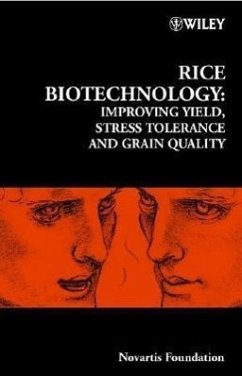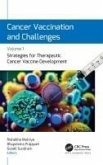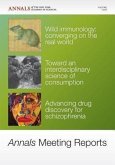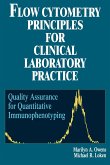Rice is the most important food crop for half the world's population. Over the last three decades, the imporvement in human nutrition and health in Asia has largely been attributable to a relatively stable and affordable rice supply. The challenge to produce enough rice for the future, however, remains daunting, as the current rate of population growth outpaces that of increases in rice production. Science has a central role to play in raising rice productivity and this book highlights areas of plant science that are particularly relevant to solving the major constraints on rice production. Examining molecular, genetic and cellular techniques, it considers recent advances in four research approaches for increasing yields and improving the nutritional quality of rice. * Plant genomics: knowing the identity and location of each gene in the rice genome is of immense value in all aspects of rice science and cultivar improvement. * Molecular biological approaches to increase yield: to produce more biomass by increasing photosynthetic rate and duration, and by improving grain filling. * Enhancing tolerance to biotic and abiotic stresses: with new DNA array technologies, it is now possible to assess global genomic response to stresses. Understanding the relationships among stress pathways may create new opportunities for gene manipulation to enhance tolerance to multiple biotic and abiotic stresses. * Improving nutritional quality in the grain: knowledge of the biosynthesis of micronutrients in plants permits genetic engineering of metabolic pathways to enhance the availability of micronutrients.
Hinweis: Dieser Artikel kann nur an eine deutsche Lieferadresse ausgeliefert werden.
Hinweis: Dieser Artikel kann nur an eine deutsche Lieferadresse ausgeliefert werden.








